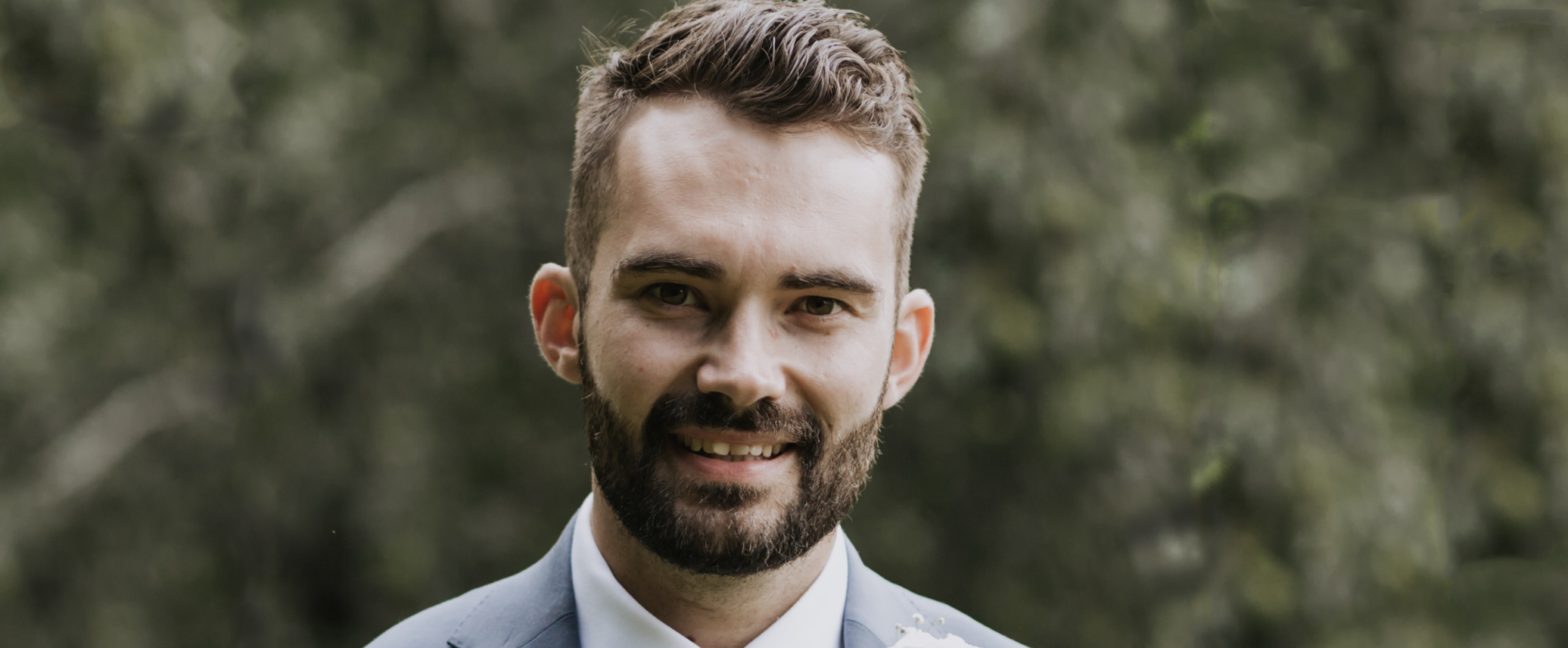I am working on two broad areas of research, although they are both based around stroke clot retrieval, which is the new treatment for large strokes.
During a clot retrieval procedure, the interventional radiologist makes a small incision in the patient's groin crease, to gain access to the arterial tree and carefully navigate a catheter within the blood vessels up to the arteries in the brain. The doctor can then carefully remove the clot by ‘sucking’ it out with a suction device or pull it out with a tiny stent-like device (a small wire cage).
The first of my research projects is ‘predicting outcomes in clot retrieval’; the second is ‘anaesthesia in clot retrieval’. Broadly speaking, the goals of the research are to improve patient selection for clot retrieval and improve outcomes in patients who undergo clot retrieval.
More specifically, the goal of ‘predicting outcomes in clot retrieval’ is to try to understand some of the factors that result in bad outcomes after clot retrieval. Ultimately, we would like to develop an algorithm, using data from the clinical record and CT scans, to predict what the outcome after clot retrieval is likely to be. This will help patients and doctors to decide whether clot retrieval is appropriate or not.
The goal of ‘anaesthesia in clot retrieval’ studies is to try to understand whether anaesthesia protects the brain while patients undergo clot retrieval. There is evidence, from animal and human studies, that anaesthesia can protect the brain. For example, it can significantly reduce the brain’s energy consumption or improve blood flow to the area of the brain affected by the stroke. This might prevent damage from the stroke while the doctors are trying to open up the artery during the clot retrieval procedure.
So far, we have collected the data required for ‘predicting outcomes in clot retrieval’ and are ready to build the algorithm, which will take a few months. We have also performed a literature review for ‘anaesthesia in clot retrieval’, and collected and analysed data from Auckland Hospital. I have been to the European Stroke Conference in Milan to present our initial findings and have had one research paper published.
For ‘predicting outcomes in clot retrieval’, we have discovered that patients who have an elevated HbA1c level, which is a blood test used to diagnose diabetes, have a worse outcome after clot retrieval. We think this might be because of prior brain damage related to the diabetes. This observation has been published in the Journal of NeuroInterventional Surgery.
For ‘anaesthesia in clot retrieval’, we have found good evidence that anaesthesia does protect the brain and results in a better outcome after clot retrieval. We have also found that certain types of anaesthetic might protect the brain better than others. We have submitted these findings to two academic journals and are waiting on their replies.
Professor Barber directly supervises my study projects. His input helps us to overcome challenges, such as managing the time and effort it takes to collect the data required to perform the analyses.






